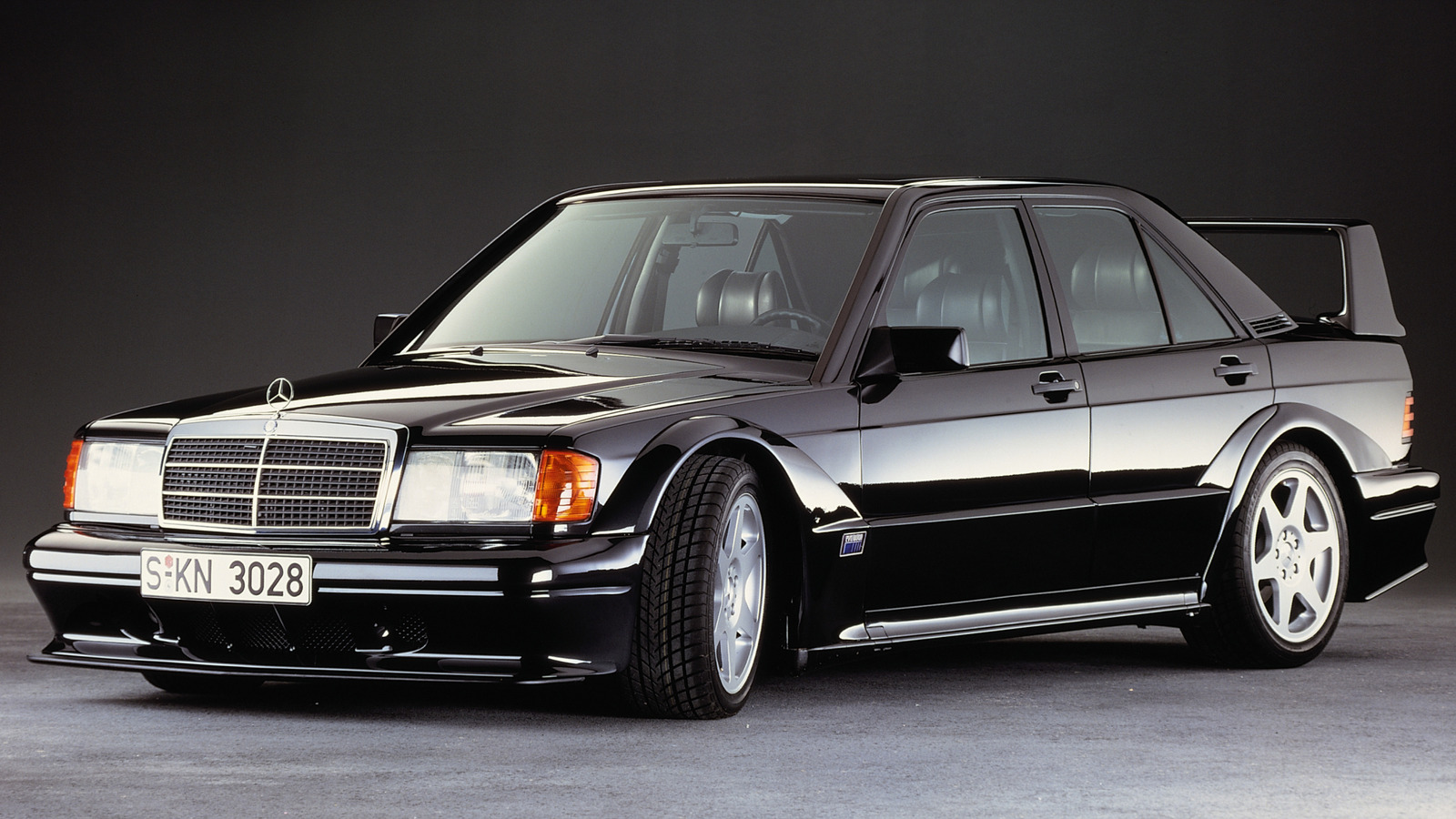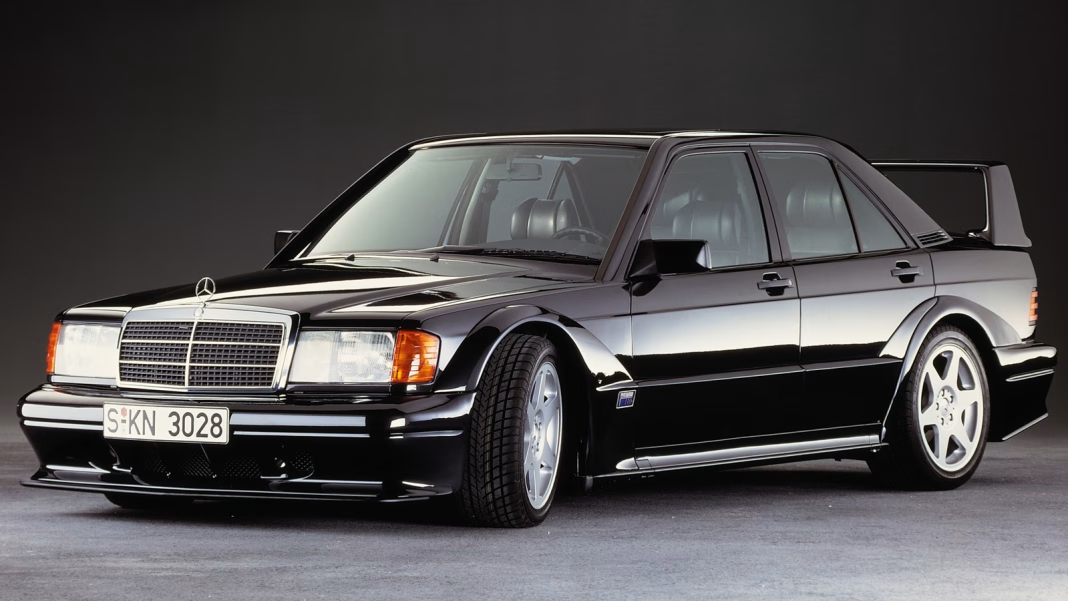What Makes German Cars So Beloved Among Enthusiasts?
Ask any car lover to list their dream rides, and odds are a few German models will make the cut. There’s something about the blend of precision engineering, understated style, and that intangible “feel” behind the wheel that keeps these cars at the top of wish lists. But what’s behind the enduring appeal? It’s not just about horsepower or badge prestige. German automakers have a knack for balancing performance with everyday usability, and that’s a rare trick to pull off.
Take the BMW M3, for example. It’s not the most powerful car in its class, but it’s often hailed as the benchmark for sports sedans. Why? Because it nails the sweet spot between agility and comfort. You can carve up a mountain road on Sunday and still drive to work in total comfort on Monday. That duality is something German brands have refined over decades, and it’s a big part of why their cars inspire such loyalty.
Which German Cars Consistently Top the Favorites List?
When enthusiasts are asked to name their favorite German cars, a few names pop up again and again. The Porsche 911 is practically a legend at this point. Its rear-engine layout and timeless design have made it a staple for collectors and weekend warriors alike. According to a 2023 report from Hagerty, classic 911 values have outpaced most other sports cars in the past decade—proof that its appeal isn’t just hype.
Then there’s the Volkswagen Golf GTI. It might not turn as many heads as a supercar, but it’s the gold standard for hot hatches. Practical, quick, and surprisingly refined, the GTI has won over generations of drivers who want fun without sacrificing everyday usability. Audi’s Quattro models deserve a mention, too. The original Quattro changed the game for all-wheel-drive performance, and its DNA still runs through today’s RS lineup.
Why Do German Cars Have Such a Strong Reputation for Engineering?
It’s not just marketing—German cars really do have a reputation for meticulous engineering. This goes back to the post-war era, when brands like Mercedes-Benz and BMW doubled down on quality and innovation to rebuild their reputations. The result? Cars that feel solid, drive predictably, and age gracefully. A 2022 survey by J.D. Power found that German brands consistently score above average for driving dynamics and build quality, even as the industry shifts toward electrification.
Of course, no car is perfect. German vehicles can be expensive to maintain, especially as they age. But many owners argue that the driving experience justifies the cost. There’s a reason why so many older BMWs and Mercedes are still on the road, racking up high mileage without missing a beat.
How Do German Cars Stack Up Against the Competition?
It’s fair to ask: Are German cars really better, or is it just a matter of taste? Japanese and American brands have made huge strides in reliability and performance, and some even offer more features for the money. But German cars often stand out for their attention to detail. The way a door closes with a reassuring thunk. The subtle feedback through the steering wheel. The little things add up, creating a sense of quality that’s hard to replicate.
That said, the competition is catching up. Brands like Lexus and Genesis are giving the Germans a run for their money, especially when it comes to value and long-term reliability. Still, for many drivers, the unique character of a German car—whether it’s the playful chassis of a Mini or the Autobahn-bred stability of an Audi—remains unmatched.
What Should You Know Before Buying a German Car?
If you’re thinking about joining the ranks of German car owners, there are a few things to keep in mind. First, do your homework on maintenance costs. Parts and labor can be pricier than you might expect, especially for older or high-performance models. It’s also worth seeking out a reputable independent mechanic who specializes in German brands; they can save you a bundle compared to dealership rates.
Don’t let that scare you off, though. Many enthusiasts find that the ownership experience is worth every penny. There’s a sense of community among German car fans, with clubs, forums, and meetups that make it easy to share tips and stories. Plus, the driving experience is hard to beat—whether you’re cruising down the highway or tackling a twisty back road.
The big takeaway? Loving German cars isn’t about perfection—it’s about smarter adjustments. Start with one change this week, and you’ll likely spot the difference by month’s end.


